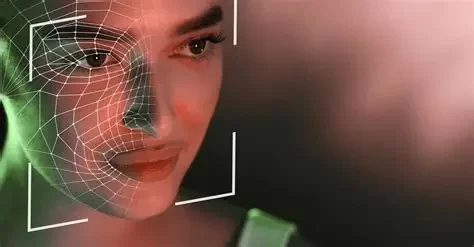
Police Use of Facial Recognition: Bans and Lawsuits
- 1. Introduction to Police Use of Facial Recognition
- 2. Controversies Surrounding Facial Recognition Technology
- 3. Bans and Lawsuits Against Police Use of Facial Recognition
- 4. Privacy Concerns and Civil Liberties
- 5. Legal Outlook on Facial Recognition in Policing
1. Introduction to Police Use of Facial Recognition
Facial recognition technology has gained significant traction in law enforcement for its ability to identify individuals quickly in public spaces. With the increasing availability of cameras and AI-driven software, police departments around the world are utilizing this technology to fight crime, monitor public spaces, and even track suspects in real-time. However, the use of such technology has raised serious concerns about privacy, civil liberties, and potential misuse by authorities.
2. Controversies Surrounding Facial Recognition Technology
While facial recognition offers benefits in enhancing public safety, it has sparked considerable debate. Critics argue that it can lead to mass surveillance, particularly in cases where it is used without consent or oversight. There are also fears of false positives, where innocent people might be mistakenly identified, leading to wrongful arrests or harassment. The technology's reliance on databases that may include inaccurate or biased data further complicates its use in law enforcement.
3. Bans and Lawsuits Against Police Use of Facial Recognition
Several cities and countries have taken steps to regulate or outright ban the use of facial recognition technology by law enforcement. In 2019, San Francisco became the first major city in the U.S. to ban its use by police. Other cities like Oakland, Boston, and Portland have followed suit, citing privacy and civil rights concerns. In addition, numerous lawsuits have been filed against law enforcement agencies, challenging the legality of facial recognition under privacy and data protection laws.
In 2020, the American Civil Liberties Union (ACLU) filed a lawsuit against the Detroit Police Department for using facial recognition technology without proper oversight or consent. The lawsuit argues that such practices violate citizens' constitutional rights, especially the right to privacy and protection against unreasonable searches.
4. Privacy Concerns and Civil Liberties
The use of facial recognition by police forces raises serious privacy concerns. Many argue that the technology allows for the surveillance of individuals without their knowledge, which can be seen as a breach of civil liberties. Privacy advocates stress the importance of individual consent before one's image is captured and analyzed by facial recognition systems.
Furthermore, there are concerns about the disproportionate targeting of marginalized communities. Studies have shown that facial recognition systems are less accurate at identifying people of color, women, and younger individuals, leading to fears that these groups may be unfairly targeted by law enforcement.
5. Legal Outlook on Facial Recognition in Policing
As the debate around facial recognition technology continues, legal frameworks are evolving. Many advocates for facial recognition bans argue for stronger data protection laws, including greater transparency in how police use the technology and who has access to the data collected. Some have called for more stringent regulations that would limit facial recognition to specific, high-risk cases, ensuring it’s used only when absolutely necessary.
As of now, the legal landscape remains in flux. Some countries have introduced legislation to restrict police use of facial recognition, while others have chosen to embrace its potential benefits in policing. For example, the European Union has proposed legislation that would ban facial recognition for mass surveillance but allow its use in more targeted situations, such as solving serious crimes.
For individuals seeking legal advice on this issue or those affected by the use of facial recognition, consulting with professionals from law firms such as ESPLawyers can provide valuable insights and guidance.








